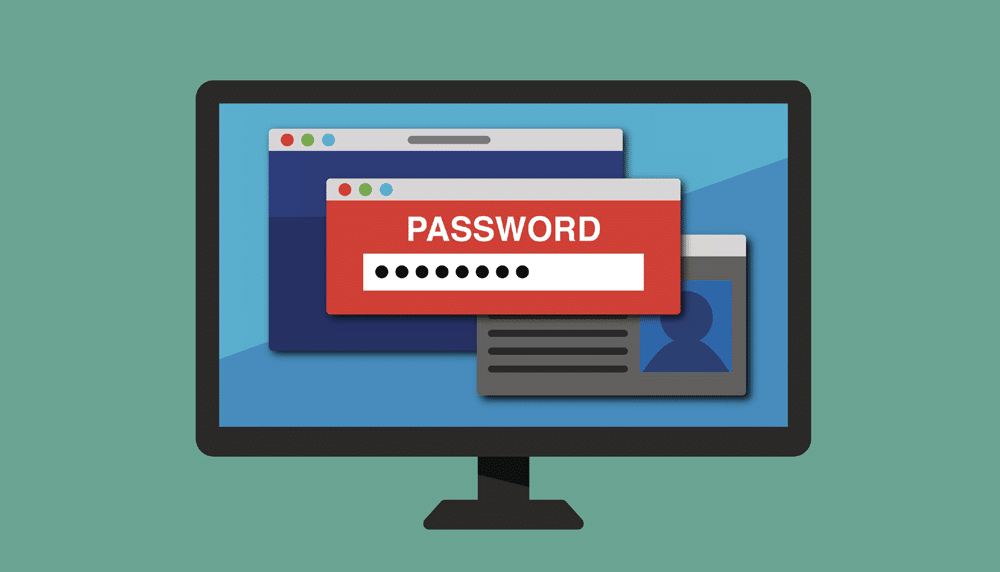Security is the top concern for webmasters and owners in today’s highly-connected digital environment. To protect important data and maintain a reliable online presence, it is vital that only authorized users are allowed to gain access to sensitive areas. This is where the .htpasswd generator and .htaccess password generator come into play, offering powerful tools to enhance website security.

The htpasswd generator is useful tool that permits administrators to make a htpasswd file, which enables secure access to certain website areas. A htpasswd file, also known as “.htpasswd”, file contains passwords for users and ensures that only authorized users are granted access to restricted areas of the site.
.htaccess is a format for configuration employed by Apache servers to manage the behavior of websites and their access. When used in conjunction with the htpasswd file it is the .htaccess file determines which directories or websites require authentication. It enforces login with credentials that are stored in the htpasswd file and creates a secure protection against access by anyone else.
Secure Shell (SSH), the console that is used to connect SSH is a popular method of creating an the htpasswd. Administrators can make the htpasswd file by using the command “htpasswd-d /yourpath/.htpasswd username” from the SSH console. After the command is executed it will prompt for the password that is required for the user. This method is not accessible to all, and some hosting control panels might not be suitable for this reason. In such instances the online.htpasswd creator becomes the best solution.
Keeping your online accounts secure is a top priority for all users of the internet. The Htpasswd creator is one of the most effective and efficient methods of protecting your website with an extra layer. This helpful tool enables you to quickly generate passwords and usernames, storing them in a safe file that can easily be transferred onto your server. You can create your own passwords using the Htpasswd Generator.
By using the online.htpasswd creator, website owners who do not have SSH access to their server or require an easier solution can create an the htpasswd. Users can easily add multiple users and their passwords with just one click. This makes it easier for administrators.
Combining.htpasswd,.htaccess as well as other security tools could provide a further security layer for website owners. By password-protecting certain directories or pages, administrators can restrict access to sensitive information, admin area or private information.
There are many benefits of using.htpasswd or.htaccess:
Security on the website is improved The risk of unauthorized access to sensitive data or modifications are blocked.
Flexibility in User Management Administrators are able to easily add, modify, or delete user credentials from the htpasswd files without requiring complicated configurations.
Customizable Authentication The .htaccess file allows site owners to choose the kind of authentication they require in accordance with their security requirements such as basic Authentication or Digest Authentication.
No need for integration with databases: The .htpasswd file functions independently of any database integration, simplifying the authentication process.
Site administrators who wish to get the most of.htpasswd,.htaccess as well as other tools should use these best methods.
Use Strong Passwords: Instruct users to set secure, unique passwords in order to minimize the risk of unauthorized access.
Review user access regularly Check regularly for any users’ access to the.htpasswd files and eliminate all entries that are no longer needed or obsolete.
Backup Your Files: Back up your.htpasswd,.htaccess and.htpasswd files frequently to ensure rapid recovery should there be an accidently deleted file or server problem.
Security for websites is a must in our digitally connected society. The.htpasswd tool and.htaccess can be utilized to protect websites from unauthorised access. No matter if users are using SSH access or opt for an online generator adopting .htpasswd and .htaccess security measures can protect websites as well as ensure the security of personal information. With the use of best practices in website administration, administrators can guarantee the highest security and secure online environment for their customers.